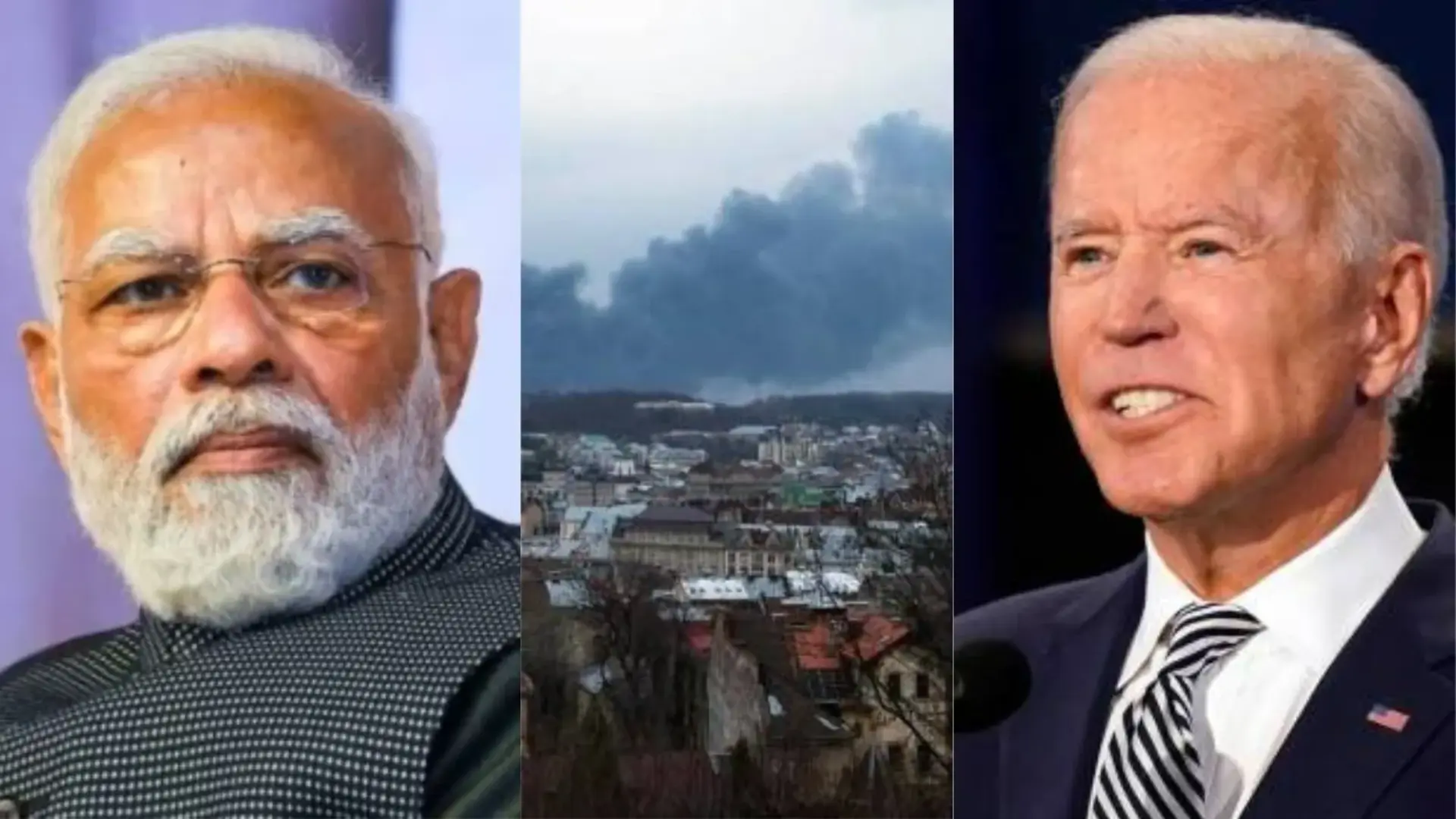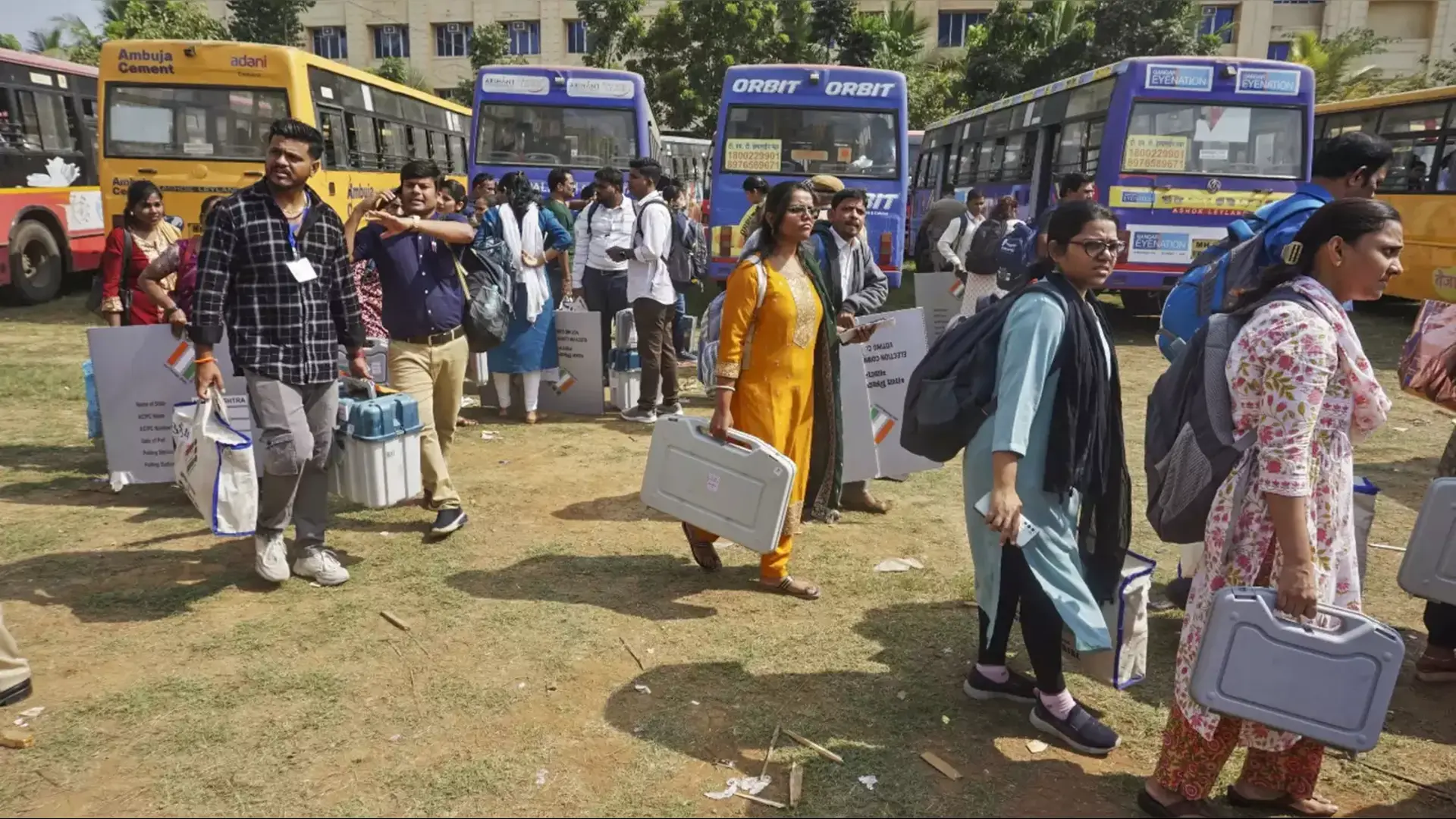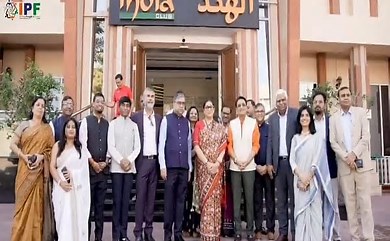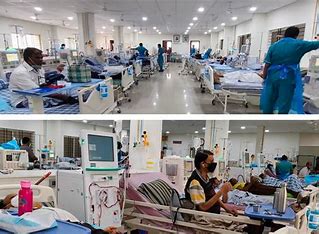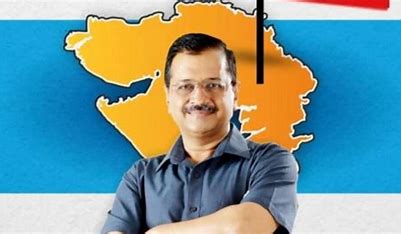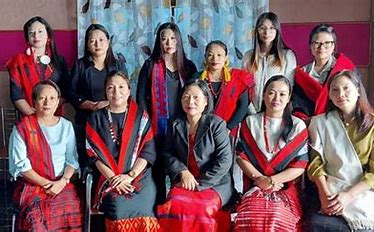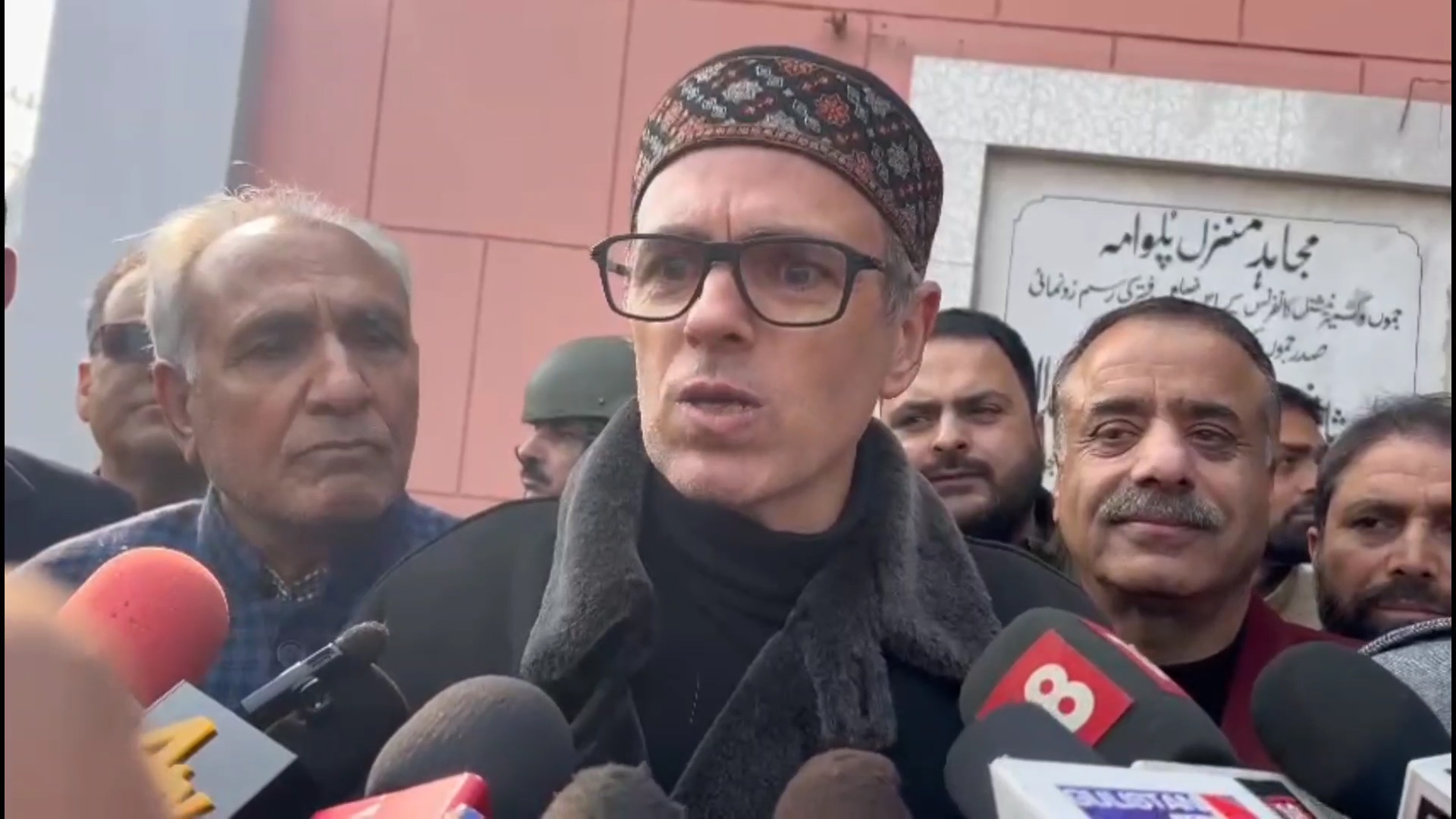
National Conference Vice President Omar Abdullah launched a scathing attack on the BJP-led Central government, asserting that its decision to abrogate Article 370 provisions has strained the relationship between Jammu and Kashmir and the rest of the country.
Speaking to media persons in Pulwama, Abdullah expressed that the decision to revoke the special status of the erstwhile state had not been well-received by the people, and it had hurt their sentiments. He emphasized that the promises made to Jammu and Kashmir were commitments made by the entire nation to its people, not just by a single leader or political party.
Abdullah remarked, “The bond was not between a person in Delhi and J-K, it was a link between a country with this state. If they think that harming this bond deserves congratulations, then let them congratulate each other.”
Anticipating public discontent with the decision, Abdullah stated, “The truth is that people in Jammu, Kashmir, and Ladakh are not happy with the steps taken on August 5, 2019. This was proved in Kargil (LAHDC polls). It was proved in DDC (District Development Council) polls, and if they conduct assembly elections here, it would be proved again.”
Criticizing the delay in holding assembly elections in the Union territory, Abdullah alleged that a fixed match was being played, limiting the people’s right to use their vote and elect their leaders.
“It is the right of the people of J-K to use their vote and elect their leaders. We are being kept away from this. A fixed match is being played – when you ask the Election Commission (about elections in J-K), it points at the Centre, and when we ask the Centre, it points towards EC,” he stated.
Abdullah argued that the postponement of assembly elections in Jammu and Kashmir was detrimental to the region, depriving its people of their right to vote. This criticism comes amid ongoing debates in the Lok Sabha on the Jammu and Kashmir Reservation (Amendment) Bill and the Jammu and Kashmir Reorganisation (Amendment) Bill.
Union Home Minister Amit Shah defended the bills, stating that they aimed to provide rights to those who faced injustice and were insulted and ignored. He highlighted that the bills sought to give justice to those who were forced to become refugees in their own country.

